Parents Who Raise Truly Independent Kids Always Do These 11 Things
Parents who manage to raise truly independent kids are willing to take calculated risks.
 Red Fox studio / Shutterstock
Red Fox studio / Shutterstock Raising an independent child today is all about giving them the tools, confidence, and space they need to make their own way in the world. Parents who do this well seem to walk a fine line between guidance and freedom, knowing when to step in and when to let their kids figure things out for themselves. They understand that independence isn’t something that magically appears at 18. It’s a skill built through countless small moments throughout childhood.
While every child is different, the habits of parents who raise truly independent kids tend to look surprisingly similar. These parents treat independence like an ongoing process rather than a milestone, and they trust that their kids are capable of far more than the world sometimes gives them credit for.
Parents who raise truly independent kids always do these 11 things
1. They let their kids struggle a little
 pixelshot via Canva
pixelshot via Canva
It’s tempting to rush in and fix things the moment your child is frustrated, but parents who value independence know the importance of letting kids wrestle with problems. This doesn’t mean leaving them to flounder; it means resisting the urge to hand them the solution immediately.
Research has found that children who are given space to work through challenges develop stronger problem-solving skills and greater resilience over time. These parents see minor frustrations as learning opportunities, not emergencies, and they give just enough guidance to keep kids from feeling stuck, without taking over.
2. They teach decision-making early
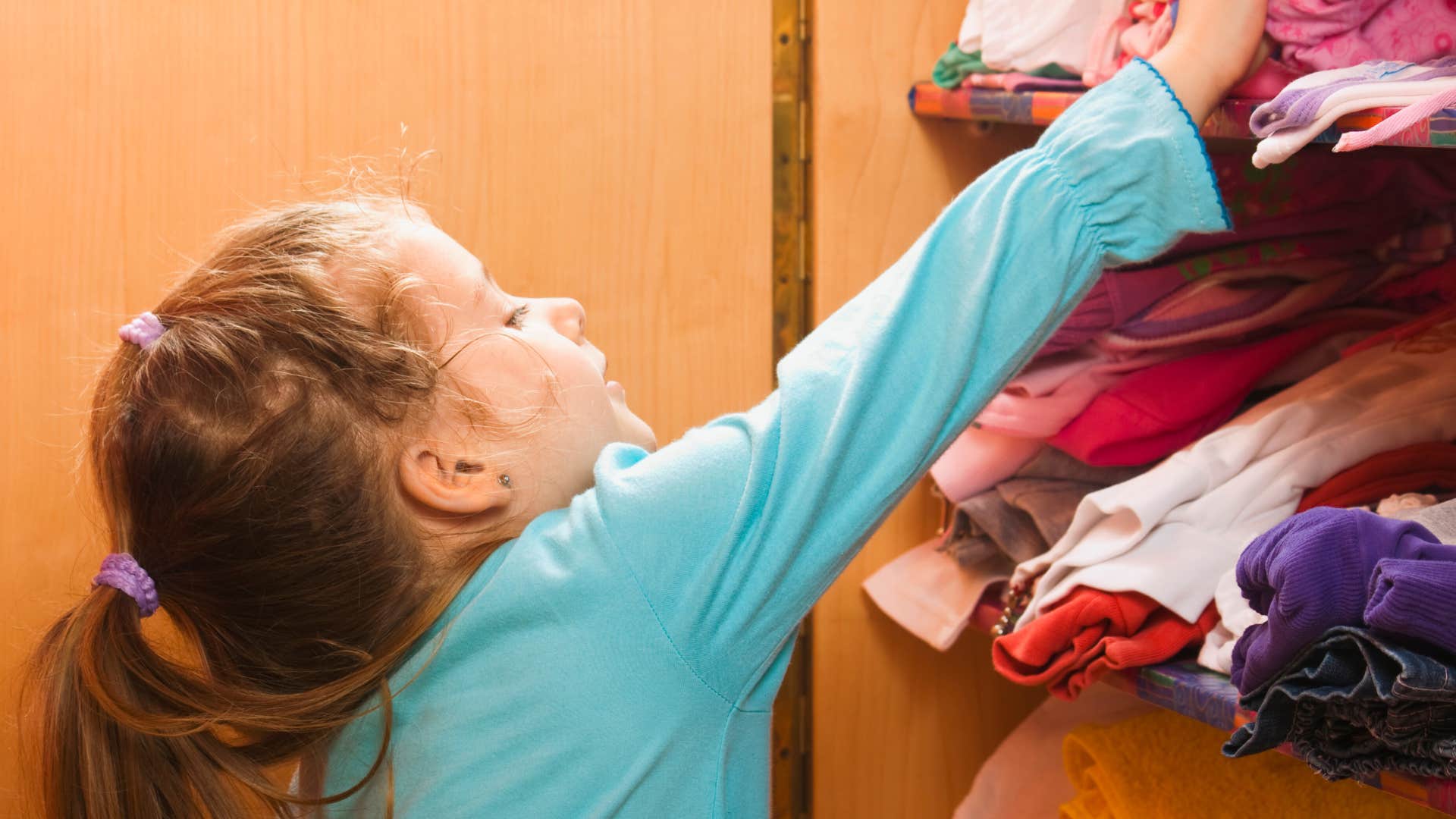 bamby-bhamby from Getty Images Signature via Canva
bamby-bhamby from Getty Images Signature via Canva
Independent kids are used to making choices about their clothes, their snacks, and their free time long before those choices have high stakes. By allowing kids to make age-appropriate decisions, parents help them build confidence in their judgment.
Early decision-making practice helps children develop critical thinking skills that carry into adolescence and adulthood. These parents know that small choices today lead to better, more thoughtful decisions tomorrow.
3. They set clear expectations and stick to them
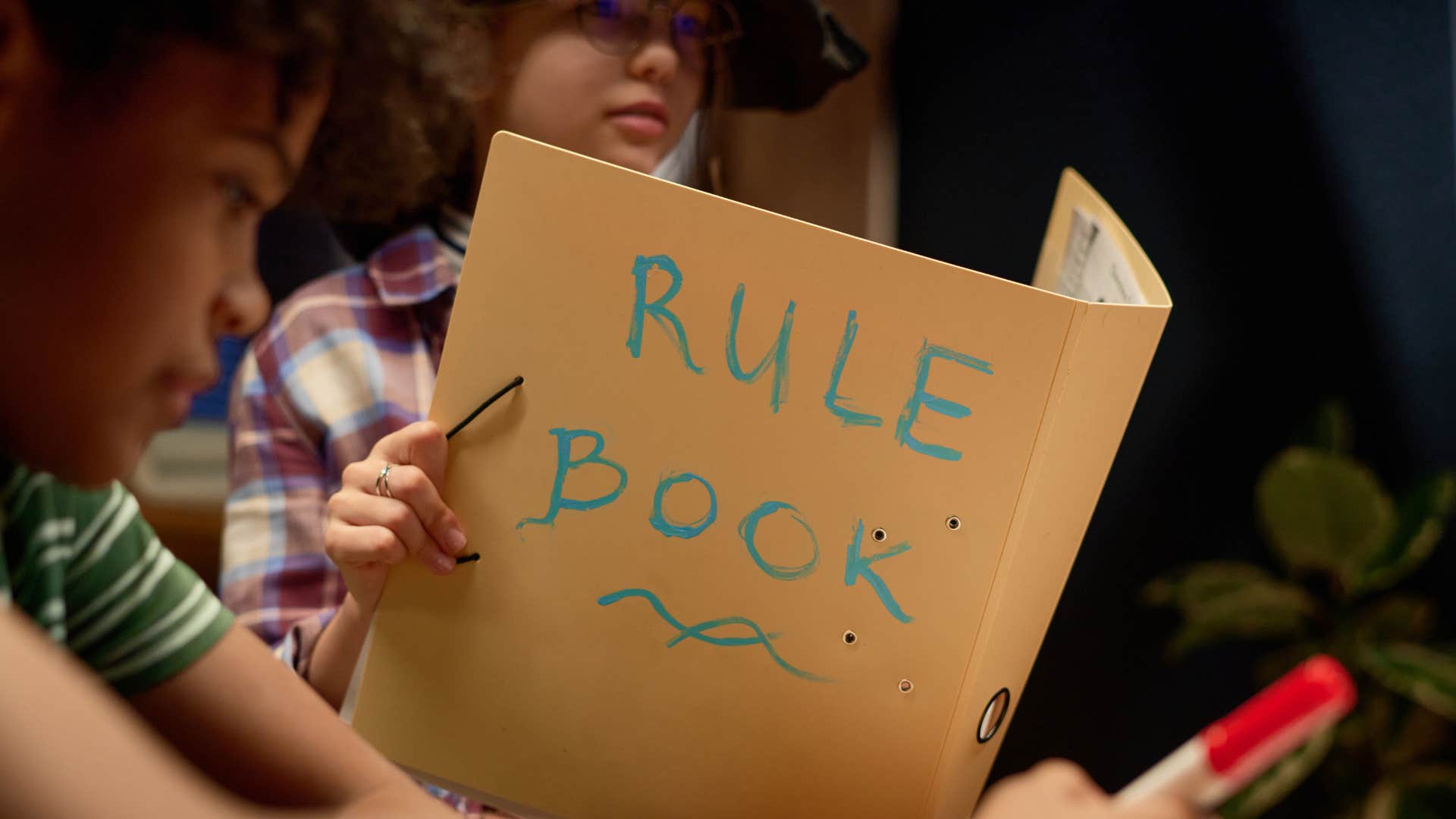 Pressmaster via Canva
Pressmaster via Canva
Structure and independence might seem like opposites, but they work best together. Kids thrive when they know what’s expected of them, even if they have flexibility within those boundaries.
Consistent rules and follow-through teach responsibility and help children understand that their actions have consequences. Parents who raise independent kids balance this structure with freedom, letting children navigate within clear, predictable limits. Over time, this fosters both accountability and self-direction.
4. They encourage age-appropriate responsibility
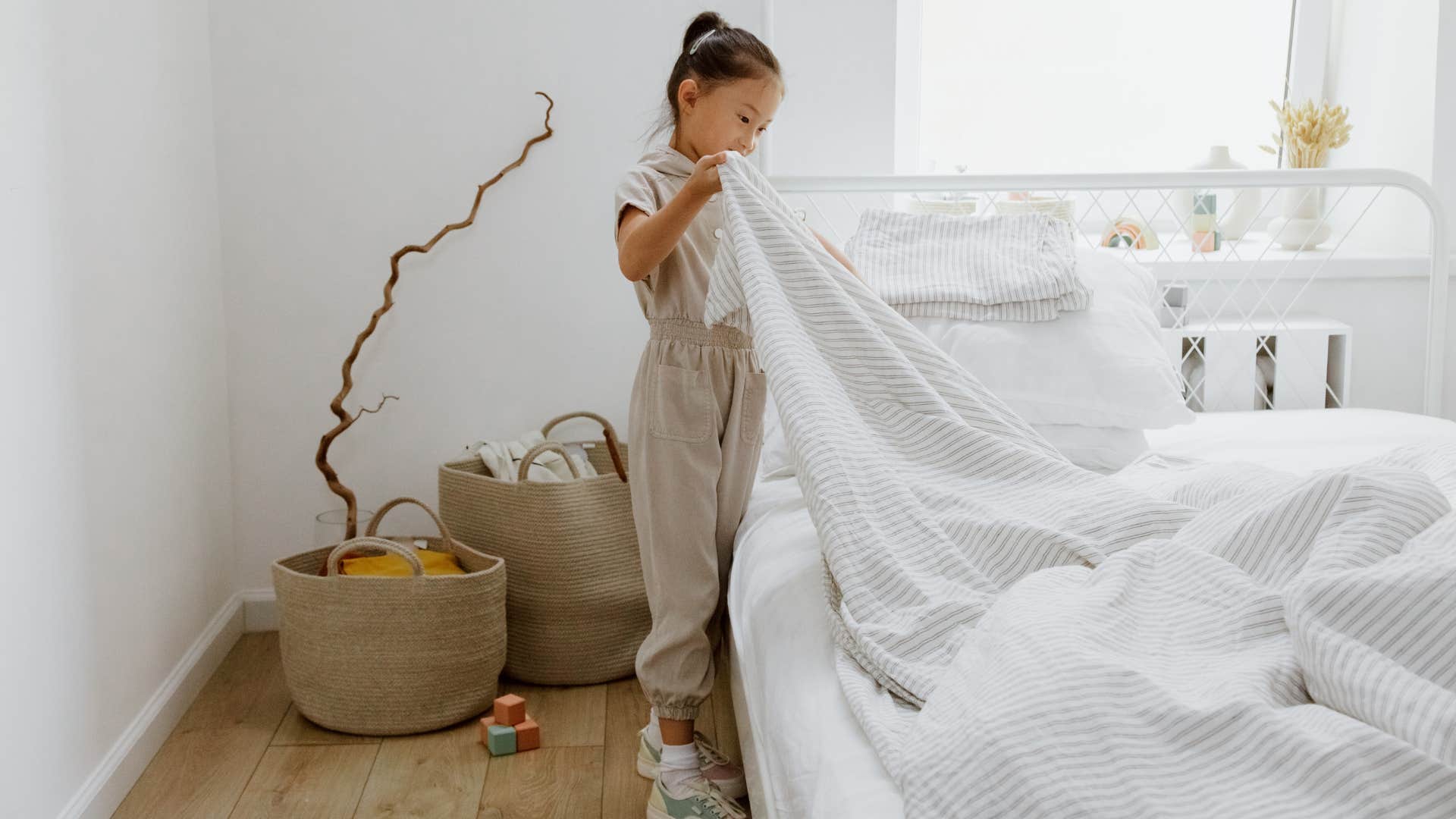 Ron Lach from Pexels via Canva
Ron Lach from Pexels via Canva
From making their own bed to packing their own lunch, independent kids are used to contributing to their household. These tasks might seem small, but research has found that kids who take on chores early develop stronger work ethics and better time-management skills later in life.
Parents who raise independent kids see responsibility not as a burden, but as a way of building life skills in small, manageable steps. They know it’s better to teach competence now than to hope it appears later.
5. They resist the urge to overschedule
 Yuganov Konstantin via Canva
Yuganov Konstantin via Canva
It’s easy to believe that more activities equal more development, but parents who raise independent kids understand the value of unstructured time. Downtime allows children to make their own plans, follow their curiosity, and entertain themselves, all of which are essential skills for self-reliance.
Studies have shown that over-scheduling can lead to increased anxiety in kids, while free time encourages creativity and self-motivation. These parents protect pockets of space in their kids’ schedules for self-directed play and rest.
6. They model problem-solving out loud
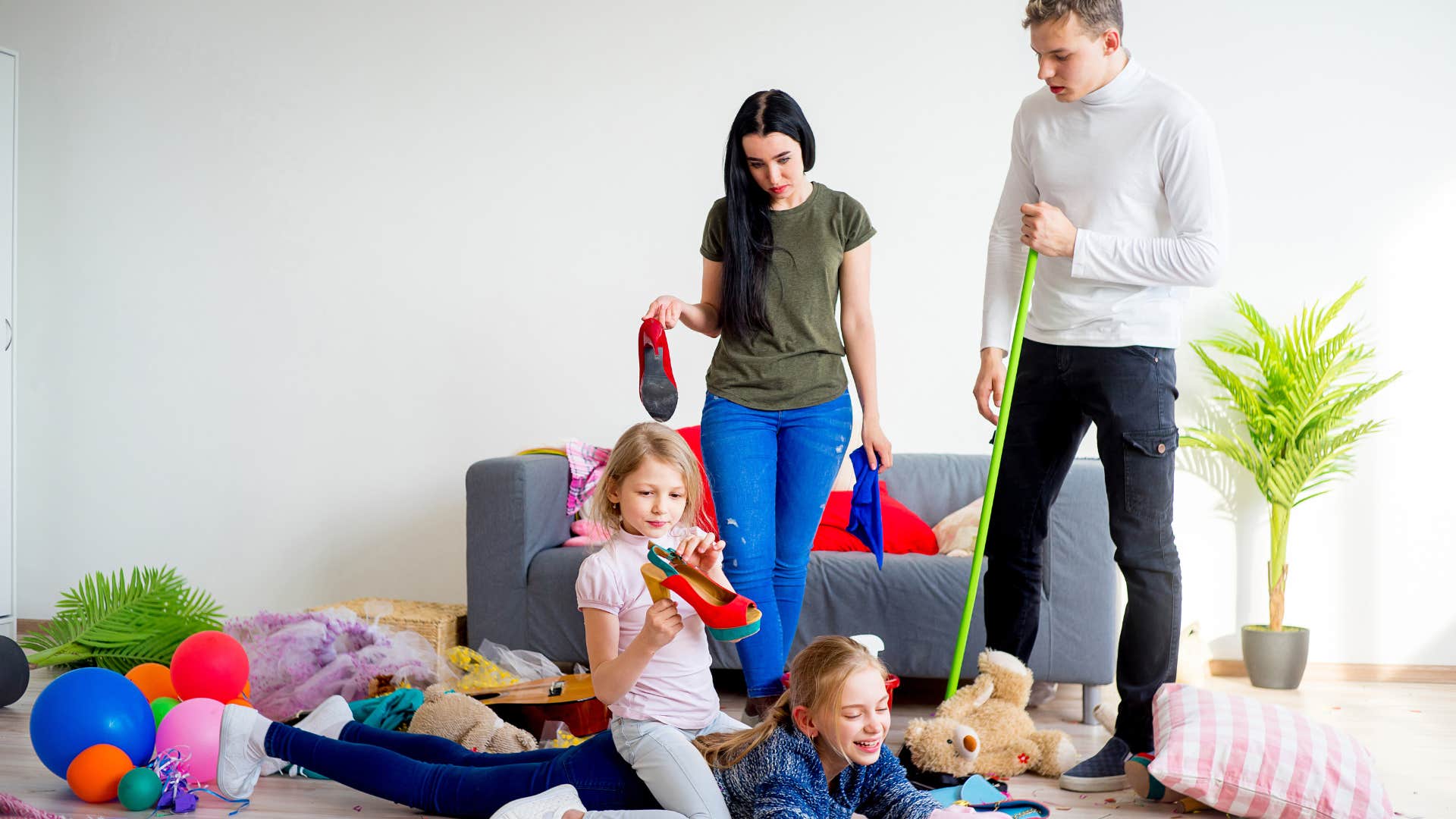 ElenaNichizhenova from Getty Images via Canva
ElenaNichizhenova from Getty Images via Canva
Instead of hiding their decision-making process, these parents talk through it. They show how to weigh options, consider outcomes, and move forward, whether it’s choosing a recipe for dinner or figuring out how to fix something in the house.
By sharing their own problem-solving experiences, they provide their kids with a real-world example to follow. This makes it easier for children to apply similar strategies when facing their own challenges.
7. They teach self-advocacy
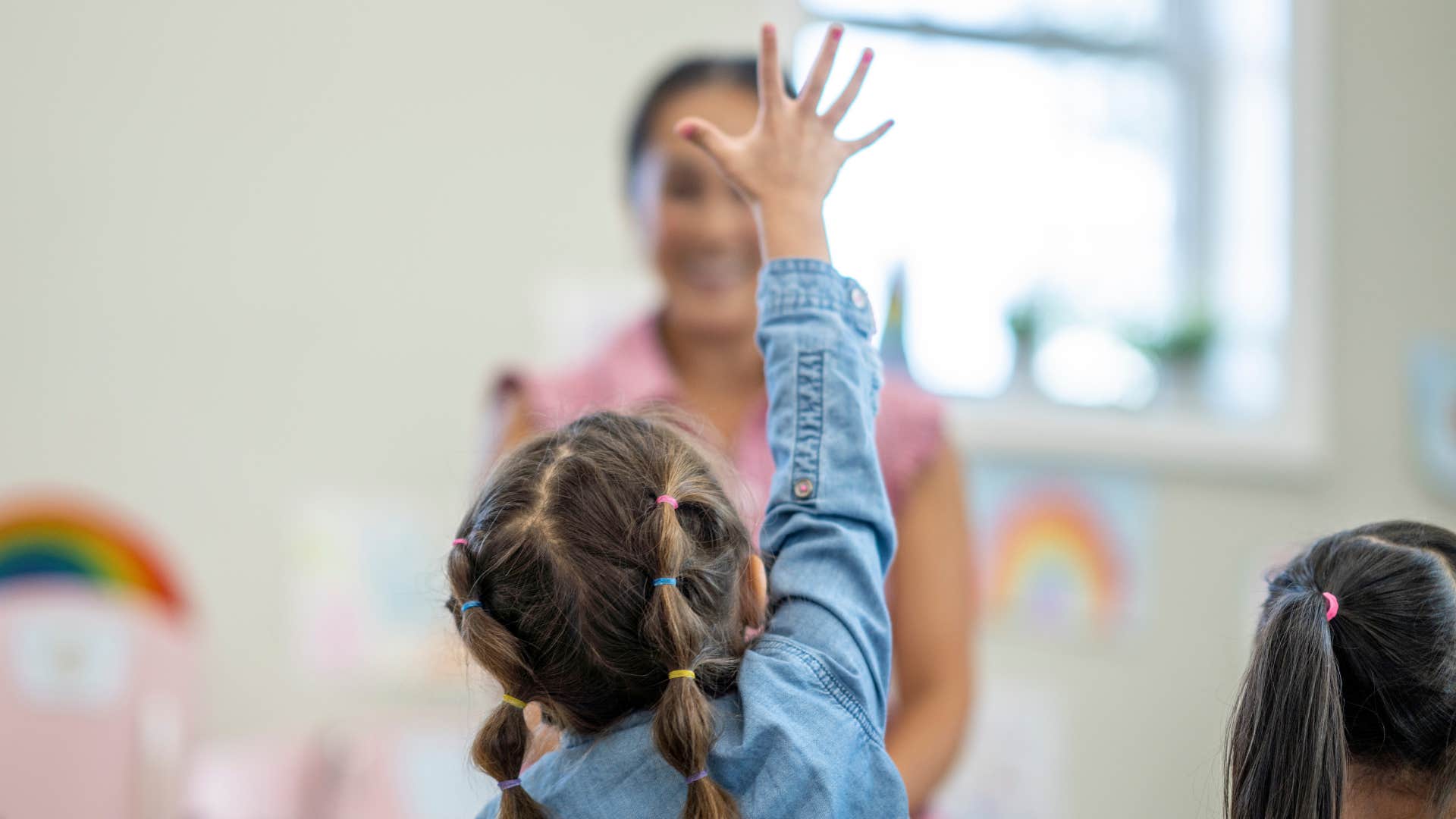 FatCamera from Getty Images Signature via Canva
FatCamera from Getty Images Signature via Canva
Parents of independent kids encourage them to speak up — to ask the teacher for help, to tell a coach they need clarification, and to order their own food at a restaurant. Self-advocacy builds confidence and communication skills, and it teaches kids that they have a voice worth using.
Research has linked self-advocacy in childhood with greater success in higher education and the workplace. These parents don’t speak for their kids unless necessary; they coach them on how to speak for themselves.
8. They normalize mistakes
 agencyby from Getty Images via Canva
agencyby from Getty Images via Canva
Independent kids aren’t terrified of messing up because their parents treat mistakes as part of the process, not as failures. These parents help their children see what went wrong, think about what they’d do differently, and try again.
Psychologists often refer to this as fostering a growth mindset, which is linked to higher resilience and long-term achievement. By removing the shame from mistakes, they encourage kids to take healthy risks and learn from the results.
9. They gradually loosen control
 Peopleimages.com - YuriArcurs via Canva
Peopleimages.com - YuriArcurs via Canva
Parents who raise independent kids don’t cling to control for the sake of it. As their children prove they can handle more, these parents step back and give them room to manage it.
This gradual release builds trust on both sides. The child learns to handle more responsibility, and the parent learns to trust their child’s judgment. It’s a slow process, but one that leads to kids who feel competent in managing their own lives.
10. They value effort over perfection
 Milan Radulovic's Images via Canva
Milan Radulovic's Images via Canva
When parents focus on effort, kids feel freer to try new things without fearing judgment if they don’t succeed. This helps children develop persistence, which is a critical trait for independence.
Research shows that children praised for effort are more likely to choose challenging tasks and stick with them. These parents know that perfection is unrealistic, but effort is always within reach.
11. They prepare their kids for life beyond their home
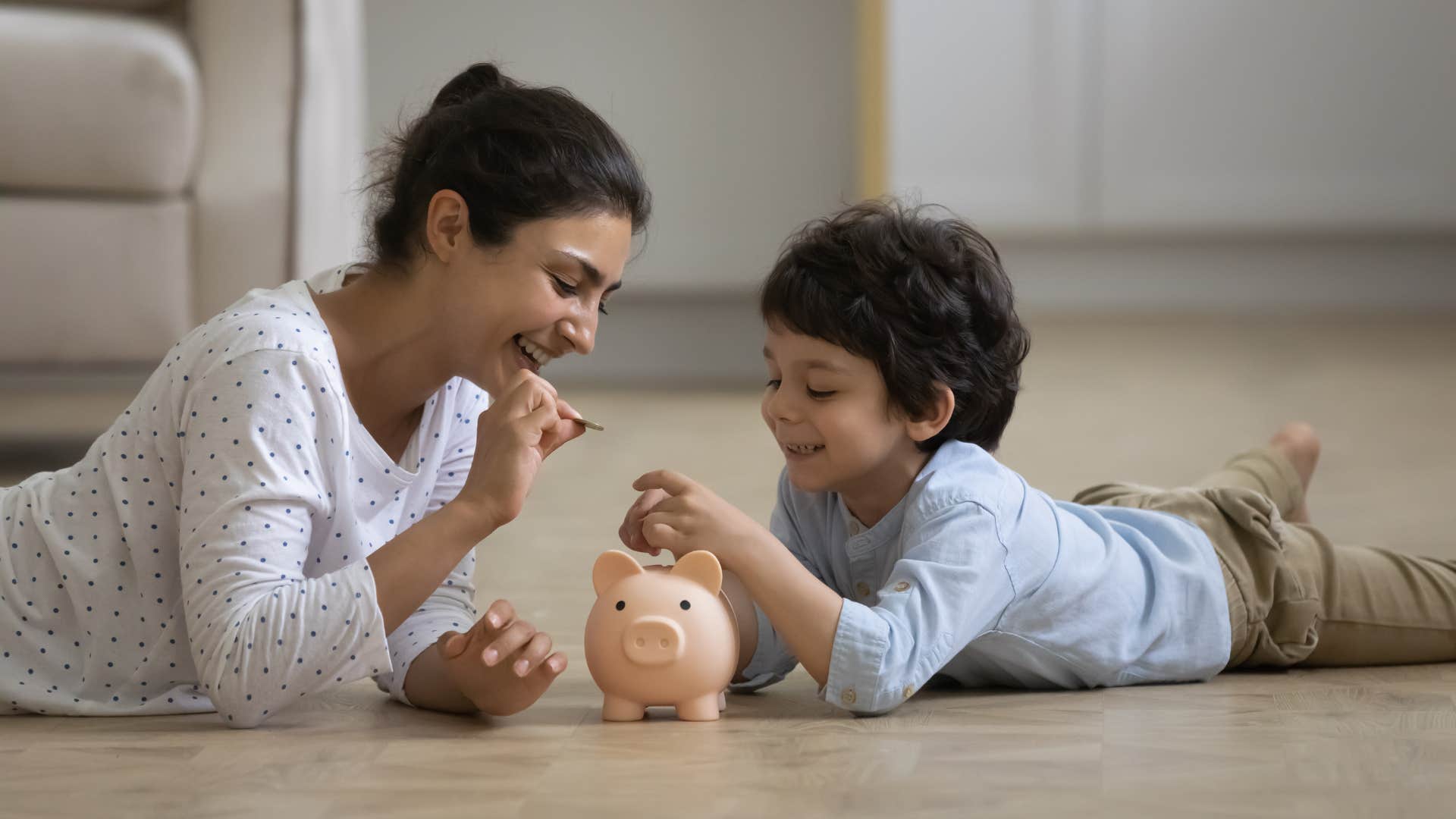 fizkes from Getty Images via Canva
fizkes from Getty Images via Canva
Parents who raise independent children don’t just think about the next school year. They think about their child's entire future. They teach practical skills like cooking, budgeting, time management, and basic home maintenance.
These lessons often happen in everyday life, without fanfare, but they prepare kids to handle themselves in the real world. By the time these children leave home, they’re ready not just to survive, but to thrive.
Sloane Bradshaw is a writer and essayist who frequently contributes to YourTango.

